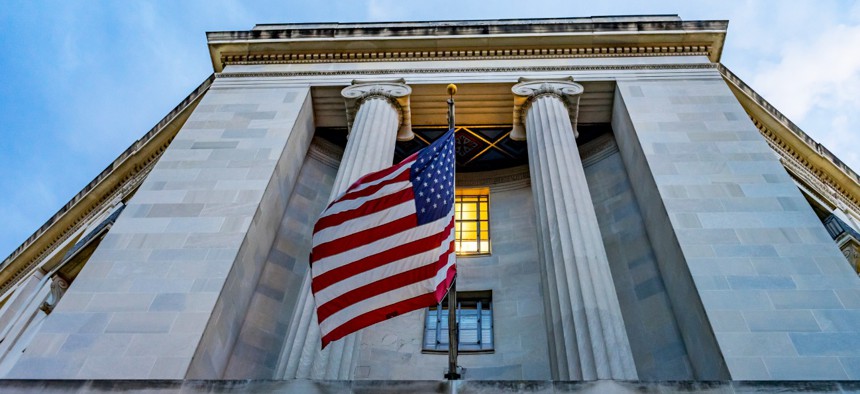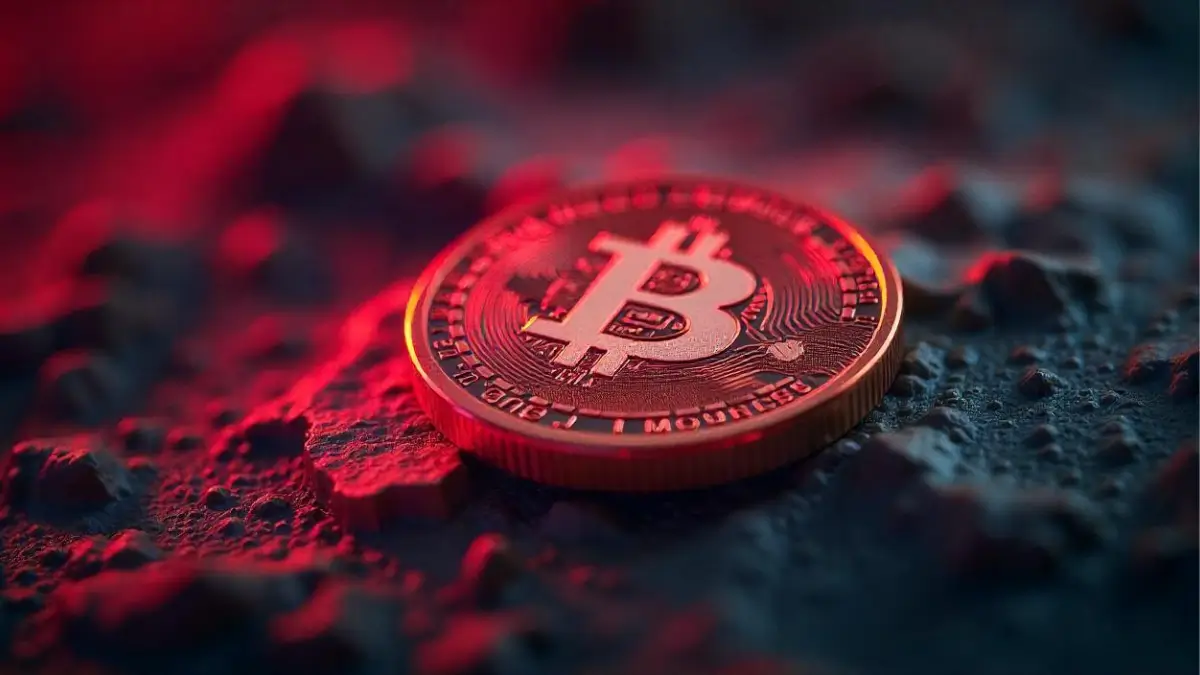In a major policy shift, the U.S. Department of Justice (DOJ) is winding down its aggressive stance on crypto regulation, officially shutting down its National Cryptocurrency Enforcement Team (NCET), according to an internal memo obtained by crypto.news.
Formed in 2022 under the Biden administration, NCET played a central role in prosecuting high-profile crypto cases — including the DOJ’s historic $4.3 billion settlement with Binance and its former CEO Changpeng Zhao.
But in an April 7 memo to DOJ staff, newly appointed deputy attorney general Todd Blanche announced that the task force would be dissolved and many of its ongoing investigations discontinued.
“Regulation by prosecution is over,” Blanche wrote. “We must narrow our focus to what matters — national security, organized crime, and real threats to the American people.”
DOJ Refocuses on National Security Threats
Going forward, DOJ resources will be concentrated on crypto-related crimes involving terrorism, narcotics trafficking, human trafficking, organized crime, and hacking. The memo explicitly instructs federal prosecutors to cease pursuing cases against crypto exchanges, wallet providers, and mixing services such as Tornado Cash based solely on their users’ actions or unintentional regulatory breaches.
Perhaps most notably, developers will no longer be prosecuted for writing or publishing code that may later be misused — a major win for the Web3 development community.
Political Shift Under Trump Administration
Blanche’s memo reflects a broader shift under the Trump administration, following a recent executive order that protects Americans’ rights to access open blockchain networks “without fear of retaliation.” The order is seen as a nod to Trump’s increasingly pro-crypto stance as he seeks to build support within the digital asset community ahead of the 2024 election.
Trump’s family reportedly owns a 75% revenue stake in World Liberty Financial, a crypto-adjacent firm — a fact that some critics say may influence regulatory leniency.
Blanche, who served as Trump’s personal defense attorney during his legal battles, was confirmed as the DOJ’s second-in-command in March 2025. In the memo, he directed prosecutors to drop enforcement of securities, banking, and commodities laws unless there is “clear and willful” misconduct.
“Crypto entrepreneurs building in good faith should not live in fear of jail for writing code,” Blanche stated.
Industry Applauds — and Cautions
While many in the crypto industry view the DOJ’s pivot as a step toward regulatory sanity, not all are celebrating.
Critics argue that relaxing enforcement may embolden bad actors and increase fraud in the space. They warn that removing proactive oversight could open the door to rug pulls, money laundering, and Ponzi schemes.
Nonetheless, the DOJ’s move marks a significant regulatory inflection point — and one likely to shape the future of U.S. crypto policy for years to come.
Stay up to date on this evolving story via TheCoinInfo.





